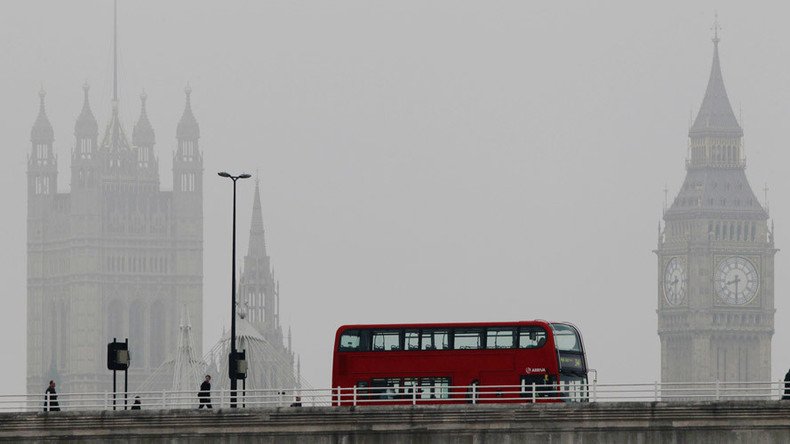Brexit might cost UK over £100bn & nearly 1mn jobs, CBI study says

Exit from the European Union could potentially cost the UK economy £100 billion ($144 billion) and 950,000 jobs by 2020, according to the Confederation of British Industry (CBI).
A vote to exit the EU increases the chances of a decline in household GDP and a rise in unemployment, the research found. Despite trade deals the UK would negotiate with its ex-partners in Europe, Brexit could be a serious shock to the economy, it added.
“The savings from reduced EU budget contributions and regulation are greatly outweighed by the negative impact on trade and investment. Even in the best case this would cause a serious shock to the UK economy,” said CBI Director General Carolyn Fairbairn.
READ MORE: Brexit would burden Brits with ‘profound economic shock’ – Osborne
The survey reveals two different exit scenarios. The more optimistic outcome assumes the UK manages to negotiate a free trade agreement (FTA) with no tariffs on exports and imports by 2020.
Under the second scenario the country would default to trading under World Trade Organization rules due to limiting migration as well as securing a trade deal with the EU. The outcome includes a significant rise in tariff and non-tariff barriers with Europe.
#Uncertainty#EURef- There would be economic & political uncertainty around the UK's… https://t.co/ghS9rLcjdApic.twitter.com/Sp7Krf6M8S
— The CBI (@CBItweets) 21 марта 2016 г.
Both scenarios forecast a significant decline in British living standards, GDP and employment when compared with the UK remaining in the block.
If Britain rapidly secures a free trade deal with the EU, its GDP could fall by three percent by 2020 with unemployment to possibly increase between two and three percent. The study warns GDP growth could ‘be as low as zero in 2017 or 2018’.
Vote to LEAVE on 23rd June to free up billions in EU budget contributions that can be better spent here in the UK pic.twitter.com/89sKOX3z94
— LEAVE.EU (@LeaveEUOfficial) 21 марта 2016 г.
“The economy would slowly recover over time, but never quite track back to where it would have been,” says Fairbairn.
The CBI has been strongly criticized by Brexit supporters for promoting the economic scenario for Britain to stay in the block. The UK business community is split on the issue.
READ MORE: Billions of pounds flooded into UK banks to stave off Brexit panic
"The EU-funded CBI are desperate to recreate the same scare stories they spread when they urged Britain to scrap the pound and join the euro,” said Matthew Elliott, the leader of the Vote Leave organization, stressing that employment and the economy will continue to grow after the EU exit.
A survey of CBI members revealed that 80 percent of respondents think remaining in the EU is best for their business while 77 percent of them see staying as better for the UK economy as a whole.













